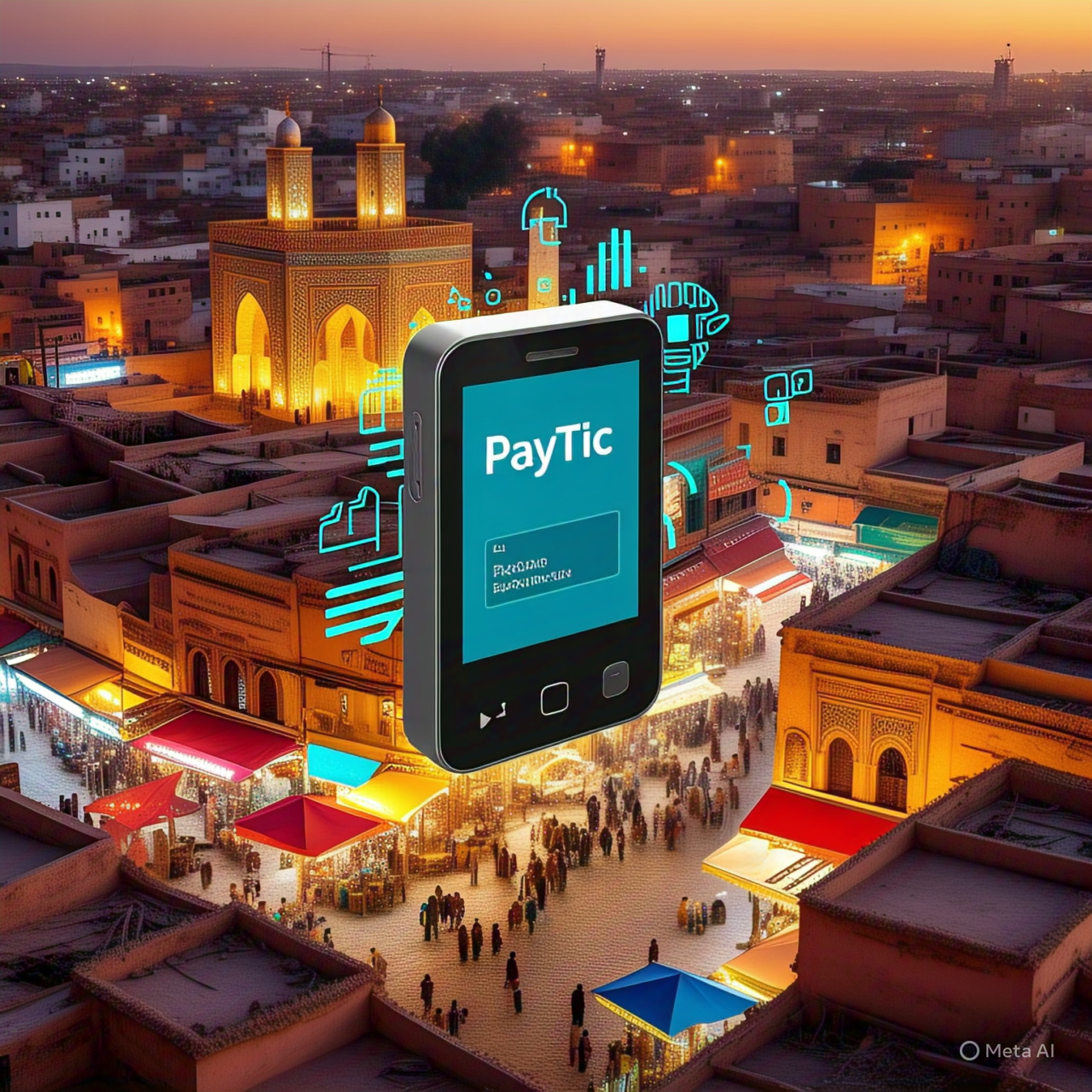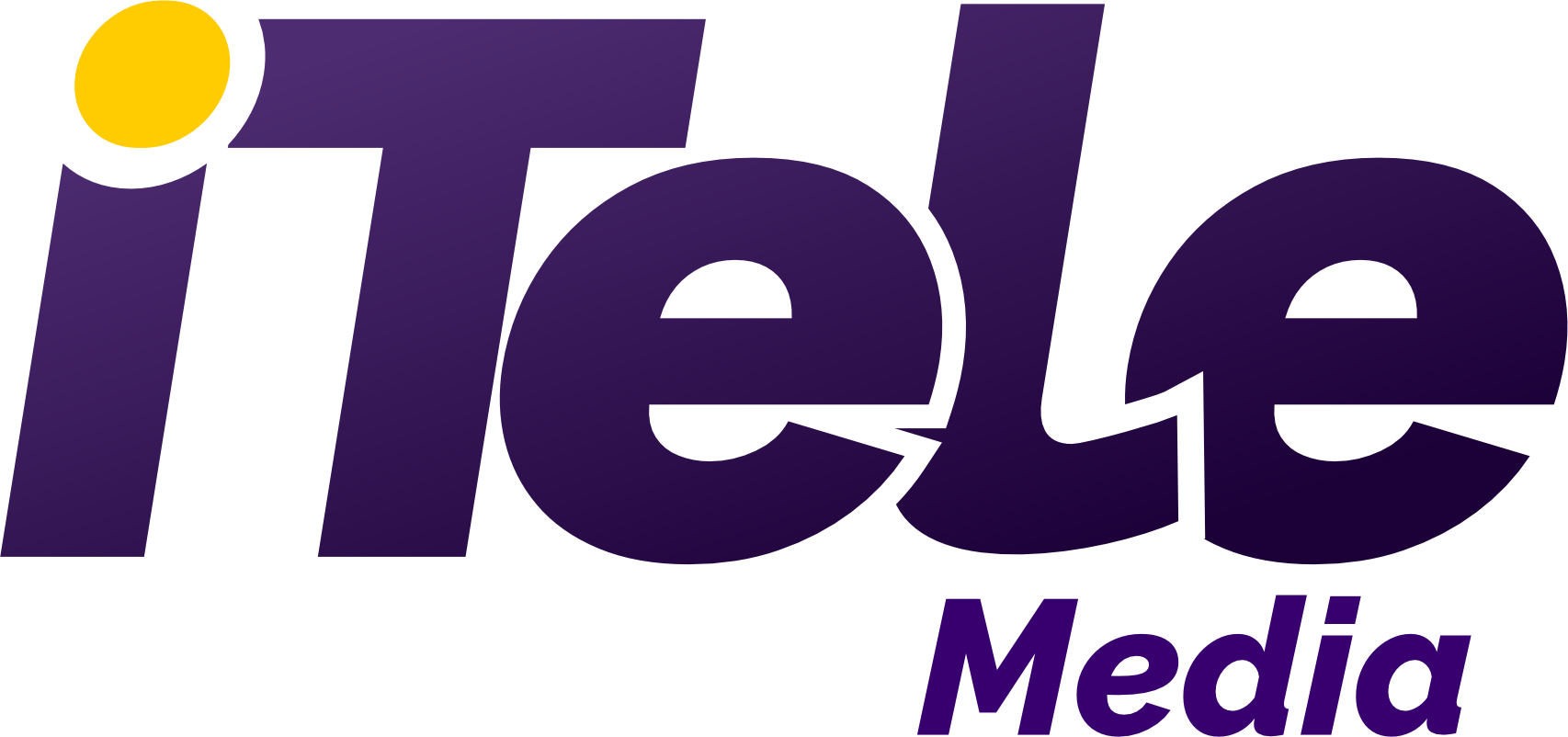INTRODUCTION
Africa’s fintech revolution is accelerating, and global payments giant Visa is doubling down on its bet to shape the continent’s digital future. In a strategic move to fuel innovation and financial inclusion, Visa has handpicked two groundbreaking North African startups— Konnect (Tunisia) and payTic (Morocco)—for the third cohort of its Africa Fintech Accelerator Program. This 12-week initiative, designed to fast-track scalable solutions, offers more than just funding: it opens doors to Visa’s global network, mentorship from industry leaders, and a platform to redefine payments for millions of underserved businesses and consumers.
The partnership underscores Visa’s $1 billion pledge to transform Africa’s financial infrastructure by 2027, with a laser focus on digitizing SMEs and bridging cash-heavy economies into the digital fold. Konnect’s instant payment links and PayTic’s risk-management tools are poised to tackle critical gaps in Africa’s fintech ecosystem—from enabling seamless cross-border transactions to combating fraud. But what does this collaboration mean for the continent’s startups, small businesses, and Visa’s own ambitions in one of the world’s fastest-growing markets?
In this deep dive, we unpack how Visa’s accelerator is nurturing Africa’s next fintech giants, why Konnect and PayTic stand out in a competitive cohort, and what their success could signal for the future of digital payments from Casablanca to Cape Town.
A. Konnect (Tunisia): Democratizing Instant Payments
Konnect, a Tunisian fintech, is redefining how individuals and small businesses transact in cash-heavy economies. Its flagship solution allows users to generate instant payment links via SMS, WhatsApp, or email, eliminating the need for complex banking infrastructure. This innovation targets Africa’s underbanked populations, particularly in North Africa, where cash still dominates 70% of transactions.
- Key Features:
- Frictionless Transactions: Merchants can send payment requests directly to customers’ phones, reducing reliance on POS systems.
- Cross-Border Potential: Integration with Visa’s network opens doors for intra-African trade, enabling SMEs to accept payments from global clients.
- CEO Vision:
> “Our goal is to empower businesses to transact with ease, whether they’re in Tunis or Lagos. Visa’s mentorship is helping us scale securely across borders.”
— Amin Ben Abderrahman, CEO of Konnect.
B. PayTic (Morocco): Fortifying Compliance in Digital Payments

PayTic addresses a critical pain point in Africa’s fintech boom: regulatory compliance. The Moroccan startup automates back-office workflows for payment providers, offering tools for real-time risk monitoring, fraud detection, and audit trails. This is vital in markets like Morocco, where digital payment fraud rates exceed 15%.
- Strategic Impact:
- SME Enablement : By streamlining compliance, PayTic allows small businesses to focus on growth rather than bureaucratic hurdles.
- Partnership Synergy : Visa’s investment follows PayTic’s recent $4.4M funding round led by AfricInvest, signaling confidence in its scalability.
- CEO Perspective:
> "Visa’s expertise in cybersecurity is a game-changer. Together, we’re building trust in digital payments for millions of users.”
— Imad Boumahdi, CEO of PayTic.
C. Visa’s North Africa Strategy: Bridging the Digital Divide
Competing in Africa’s Fintech Arena
The Konnect-PayTic partnerships align with Visa’s $1 billion Africa investment pledge (2020–2027), which prioritizes infrastructure for financial inclusion.
- Regional Focus :
- Norocco & Tunisia : Both countries are emerging as fintech hubs, with Morocco’s digital economy projected to grow 12% annually through 2030.
- Collaborative Ecosystem : Visa’s parallel partnership with Chari, a Moroccan B2B platform, aims to digitize 50,000 mom-and-pop stores by 2026.
- Gender Inclusion : Cohort 3’s 85% female leadership—up from 36% in 2023—reflects Visa’s push to close Africa’s $42B gender financing gap.
D. The Road Ahead: Scaling Beyond Borders
While Konnect and PayTic are rooted in North Africa, their solutions have pan-African potential. Challenges remain, such as harmonizing regulations across 54 markets and addressing infrastructure gaps in rural areas. However, Visa’s accelerator alumni—like Ghana’s Oze and Kenya’s Workpay—demonstrate that localized solutions can achieve continental impact.
Next Steps:
- Cohort 4 : Visa will announce the next accelerator cohort on June 2, 2025, with a focus on climate fintech and AI-driven solutions.
- Policy Advocacy: Visa plans to collaborate with African governments to fast-track regulatory sandboxes, enabling startups to test innovations safely.
Key Takeaway: Visa’s bet on Konnect and PayTic isn’t just about funding—it’s about building an interoperable, inclusive digital economy where African startups lead the charge.
Blog Section: Strategic Importance of the visa-Konnect-PayTic Partnership
Visa’s $1 Billion Africa Investment: Building Bridges to Financial Inclusion
Visa’s partnership with Konnect and PayTic is more than a corporate accelerator initiative—it’s a cornerstone of its $1 billion investment pledge to transform Africa’s financial landscape by 2027. This commitment targets three pillars: digital infrastructure, SME digitization , and financial inclusion. By backing startups like Konnect and PayTic, Visa is addressing systemic challenges in Africa’s fragmented markets, where cash still accounts for 80% of transactions and over 350 million adults remain unbanked.
Why North Africa?
- Untapped Potential : Morocco and Tunisia represent strategic gateways to Francophone Africa, a region where digital payment adoption lags behind Anglophone markets.
- Cash Reliance : In Tunisia, 70% of SMEs rely on cash, while Morocco’s informal economy makes up 30% of its GDP. Konnect’s instant payment links and PayTic’s compliance tools directly tackle these barriers.
- Cross-Border Synergy: Visa’s partnerships aim to create interoperable systems for intra-African trade, which the AfCFTA (African Continental Free Trade Area) projects could boost regional GDP by $450 billion by 2035.
Aligning with Africa’s SME Revolution
Small and medium-sized enterprises (SMEs) drive 80% of Africa’s employment, yet only 20% have access to formal financial services. Visa’s accelerator program bridges this gap by equipping startups that empower SMEs:
- Konnect : Simplifies payments for micro-businesses, from street vendors to freelancers, through shareable payment links.
- PayTic: Reduces administrative burdens for SMEs by automating compliance, allowing entrepreneurs to focus on scaling operations.
Leila Serhan, Visa’s North Africa Lead, underscores this alignment:
> “Africa’s future hinges on its SMEs. By supporting innovators like Konnect and PayTic, we’re not just funding startups—we’re building ecosystems that uplift millions of businesses.”
Competing in Africa’s Fintech Arena
Visa’s accelerator program positions it as a key player in Africa’s booming fintech sector, which attracted $1.3 billion in funding in 2023. However, competition is fierce:
- Mastercard partners with African unicorns like Flutterwave to expand card acceptance.
- M-PESA dominates mobile money in East Africa, processing over $364 billion annually.
Visa’s differentiator? Localized solutions with global reach. Konnect’s integration into Visa’s network, for instance, allows a Tunisian artisan to securely accept payments from European buyers—a leap toward formalizing cross-border trade.
Gender Inclusion: A Quiet Revolution
Cohort 3’s standout statistic— 85% female leadership —signals a shift in Africa’s fintech landscape, where women founders receive less than 3% of venture funding. Visa’s focus on gender diversity aligns with broader goals to close Africa’s $42 billion gender financing gap. Startups like PayTic (co-founded by women engineers) exemplify how inclusive leadership drives innovation in risk management and compliance.
The Ripple Effect: Beyond Payments

The partnership’s impact extends beyond fintech:
- Job Creation : Konnect’s expansion could digitize 100,000 SMEs in North Africa by 2026, creating roles in tech and customer support.
- Policy Influence : Visa’s collaboration with regulators could streamline licensing for fintechs, mirroring Nigeria’s "sandbox" framework that birthed startups like Kuda Bank.
- Climate Resilience : Future accelerator cohorts may prioritize green fintech, aligning with Africa’s push for sustainable finance.
Visa’s partnerships with Konnect and PayTic are not isolated deals—they’re strategic chess moves in a larger game to dominate Africa’s digital economy. By combining hyper-local solutions with global infrastructure, Visa is positioning itself as the connective tissue between Africa’s informal present and its tech-driven future. For startups, this signals unparalleled opportunities; for SMEs, it’s a lifeline to growth; and for Visa, it’s a blueprint to outpace rivals in the world’s next growth frontier.
CONCLUSION
Nigeria’s N5 trillion cash stock, predominantly circulating outside the formal banking system, underscores both the challenges and opportunities in advancing financial inclusion. Fintech companies, leveraging mobile technology, agent networks, and user-friendly digital platforms, are at the forefront of converting this cash-driven informal economy into a digitized financial ecosystem. Their innovative solutions—from USSD banking for feature phone users to mobile wallets and micro-lending services—are rapidly bridging the gap for millions of unbanked Nigerians, particularly in rural and underserved regions.
Recent developments, including the Central Bank of Nigeria’s (CBN) regulatory reforms and the 2023 naira redesign policy, have inadvertently accelerated fintech adoption, pushing cash-reliant populations toward digital alternatives. Collaborations between fintechs, traditional banks, and telecom providers further amplify this shift, creating a resilient infrastructure for financial access.
However, persistent challenges such as cybersecurity risks, inconsistent internet connectivity, and lingering public trust in cash economies must be addressed to sustain momentum. Success in this arena could not only unlock economic potential—boosting savings, credit access, and SME growth—but also position Nigeria as a blueprint for financial inclusion in emerging markets. The race for the unbanked is far from over, but Nigeria’s fintech sector, fueled by necessity and innovation, is poised to redefine the nation’s financial landscape.








